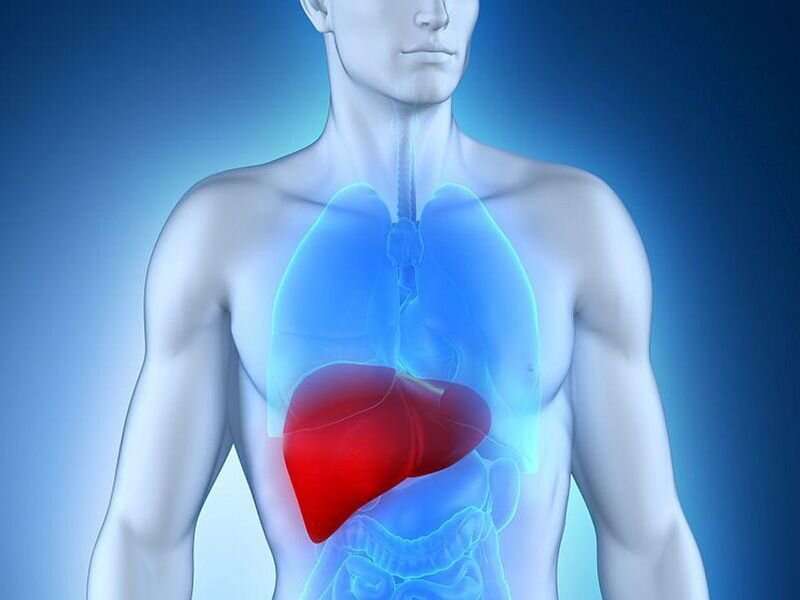
(HealthDay)—Health care providers should test liver recipients for hepatitis B virus (HBV) given the slight risk for unexpected donor-derived HBV infection, according to research published in the July 9 issue of the U.S. Centers for Disease Control and Prevention Morbidity and Mortality Weekly Report.
Danae Bixler, M.D., from the CDC in Atlanta, and colleagues analyzed laboratory and medical records for 20 reports (2014 to 2019) of HBV infection among recipients of livers from donors who had no evidence of past or current HBV infection.
The researchers found that 14 of the 20 new HBV infections were detected during 2019 alone. Infections were detected five to 116 weeks after transplantation (median, 38 weeks). Of the 14 donors, 13 were hepatitis C virus (HCV)-seropositive and within the year preceding death had a history of injection drug use, a positive toxicology result, or both.
Source: Read Full Article
